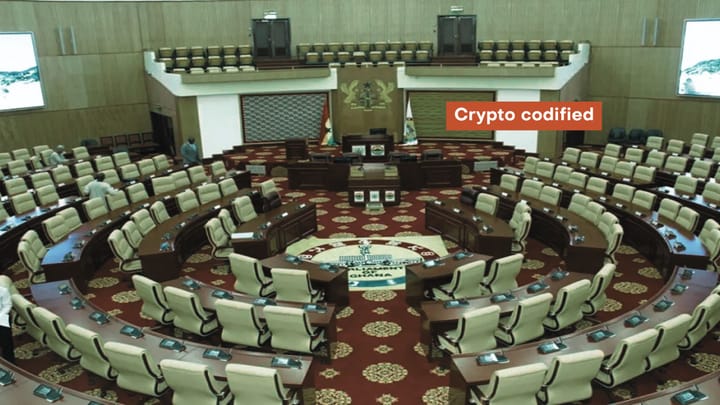Luno re-enters Kenyan market after decade-long hiatus
Kenyans can now trade BTC, ETH, USDT and USDC with the Kenyan shilling on the exchange

Cryptocurrency exchange Luno has announced that it is resuming its operations in Kenya after ten years of absence. Now, Luno’s Kenyan users can swap their Kenyan shillings for a host of cryptocurrencies directly on the platform.
The details
- According to reports, Luno, which operates in Nigeria and South Africa, had previously made its services available in Kenya, albeit under a different brand — BitX.
- BitX was active in Kenya between 2013 and 2014, before it exited the Kenyan market.
- In a mail to Mariblock, Kenyan country manager for Luno, Apollo Sande, explained that the exchange closed down in Kenya due to a banking freeze on crypto-related businesses and harsh operating conditions.
- The firm then rebranded as Luno in 2017 and expanded into other African and European markets.
- Now, it is reopening operations in Kenya due to a more favorable regulatory environment, as Kenya nears the establishment of crypto regulations.
- Its return to the East African country will see it offer trading pairs that include the country’s local currency, the Kenyan shilling, to allow for easy offramps and onramps.
Key quote
- Apollo Sande told Mariblock:
"In 2015, we operated in Kenya under our former name, BitX. However, due to a banking freeze on crypto-related businesses at the time, we were unable to facilitate fiat deposits, withdrawals, or even fund local operations, essential services for a centralized exchange."
- He added:
"Our return today reflects significantly improved operating conditions and strong local demand. Kenya is on the brink of formalizing crypto regulations through the upcoming Virtual Asset Service Providers (VASP) Bill. This legislative clarity will unlock access to financial partnerships and enable compliance-based operations."
Zoom out
- Luno’s return to the Kenyan crypto ecosystem comes at a time when the East African country has begun to warm to digital assets.
- After instituting a controversial 3% digital asset tax on the gross value of crypto transactions, the country is set to walk back on its stifling crypto tax regime in favor of a more lenient 10% excise tax on transaction fees.
- A bill to regulate virtual assets and virtual asset service providers is going through the regulatory motions in the country’s parliament, passing a second reading on June 24.
- The bill, dubbed the Virtual Assets Service Providers (VASP) Bill 2025, would require exchanges to formally register with the Capital Markets Authority (CMA) and the Central Bank of Kenya (CBK).
- If passed, exchanges in Kenya may also need to establish local offices and comply with anti-money laundering (AML) and consumer protection standards before they are allowed to operate freely in the country.



